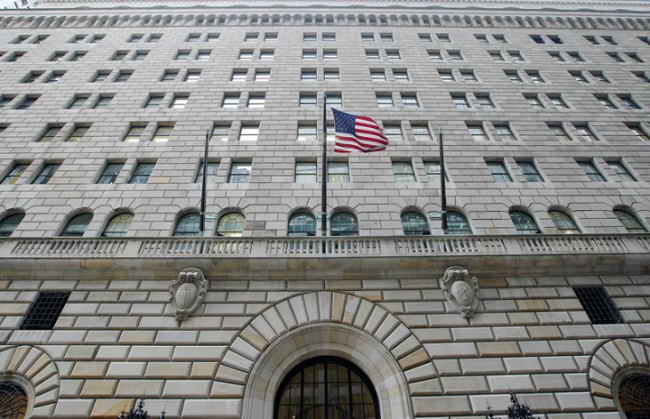Jerome Powell, the Chair of the United States Federal Reserve Board, made a groundbreaking statement during the Financial Services Committee's mid-year audit in Congress on June 21, declaring stablecoins as a new variety of money. This revelation emerged during an intriguing exchange with Maxine Waters, a prominent committee member, as they discussed a proposed crypto bill that could be the nation's first cryptocurrency legislation.
Waters highlighted that the bill would result in the creation of 58 different licenses, with federal authorities overseeing only two, while the remaining licenses would fall under the jurisdiction of individual states, territories, and additional regulatory bodies. Waters expressed concerns about the potential escalation of state preemption.
Powell's perspective on stablecoins has ignited a significant debate within the financial regulatory world, as it sharply contrasts with the viewpoints of Gary Gensler, Chair of the Securities and Exchange Commission (SEC), and Rostin Behnam, Chair of the Commodity Futures Trading Commission (CFTC). Gensler has advocated for the registration and regulation of stablecoins, considering all cryptocurrencies (except Bitcoin) as securities. Meanwhile, Behnam believes that stablecoins should be classified as commodities, not money.
Adding to the discussion, Chris Giancarlo, former Chair of the CFTC, expressed his critique of the proposed bill in a recent op-ed. He cautioned against the potential misuse of power to approve or reject stablecoin protocols, citing it as a "glaring omission" that could be exploited to exert pressure on specific sectors or businesses.
The ongoing debate surrounding the regulatory status of stablecoins marks a critical turning point for U.S. fiscal policy and digital currencies, capturing the attention and interest of the global community.


























Comment 0